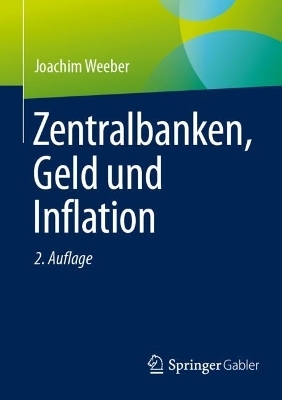
Contemporary State Building
Elite Taxation and Public Safety in Latin America
Seiten
2022
Cambridge University Press (Verlag)
978-1-316-51512-9 (ISBN)
Cambridge University Press (Verlag)
978-1-316-51512-9 (ISBN)
Governments around the world struggle to get the wealthy to pay more in taxes. This book explains how modern state-building can take place by adopting elite taxes to improve public safety. Using Latin America as an example, the book helps scholars and policymakers understand contemporary state-building in the developing world.
If economic elites are notorious for circumventing tax obligations, how can institutionally weak governments get the wealthy to shoulder a greater tax burden? This book studies the factors behind the adoption of elite taxes for public safety purposes. Contrary to prominent explanations in the literature on the fiscal strengthening of the state – including the role of resource dependence and inequality – the book advances a theory of elite taxation that focuses on public safety crises as windows of opportunity and highlights the importance of business-government linkages to overcome mistrust toward government from corruption and lack of accountability. Based on evidence from across Latin America and rich case studies from experiences in Colombia, Costa Rica, El Salvador, and Mexico, the book provides scholars and policymakers with a blueprint for contemporary state-building efforts in the developing world.
If economic elites are notorious for circumventing tax obligations, how can institutionally weak governments get the wealthy to shoulder a greater tax burden? This book studies the factors behind the adoption of elite taxes for public safety purposes. Contrary to prominent explanations in the literature on the fiscal strengthening of the state – including the role of resource dependence and inequality – the book advances a theory of elite taxation that focuses on public safety crises as windows of opportunity and highlights the importance of business-government linkages to overcome mistrust toward government from corruption and lack of accountability. Based on evidence from across Latin America and rich case studies from experiences in Colombia, Costa Rica, El Salvador, and Mexico, the book provides scholars and policymakers with a blueprint for contemporary state-building efforts in the developing world.
Gustavo A. Flores-Macías is Associate Vice Provost for International Affairs and Associate Professor of Government and Public Policy at Cornell University.
I. Introduction: Contemporary state building in Latin America; II. Latin America's elite security taxes; III. A theory of elite taxation and the determinants of security taxes; IV. Colombia's targeted security taxes; V. Costa Rica's “soft” security taxes; VI. El salvador's failed and diffuse taxes; VII. Mexico's uneven security taxes; VIII. Conclusion.
| Erscheinungsdatum | 01.06.2022 |
|---|---|
| Zusatzinfo | Worked examples or Exercises |
| Verlagsort | Cambridge |
| Sprache | englisch |
| Maße | 157 x 235 mm |
| Gewicht | 480 g |
| Themenwelt | Sozialwissenschaften ► Politik / Verwaltung ► Staat / Verwaltung |
| Wirtschaft ► Volkswirtschaftslehre ► Wirtschaftspolitik | |
| ISBN-10 | 1-316-51512-5 / 1316515125 |
| ISBN-13 | 978-1-316-51512-9 / 9781316515129 |
| Zustand | Neuware |
| Haben Sie eine Frage zum Produkt? |
Mehr entdecken
aus dem Bereich
aus dem Bereich
Organisationen steuern, Strukturen schaffen, Prozesse gestalten
Buch | Softcover (2024)
Rehm Verlag
CHF 53,20
Buch | Softcover (2024)
Springer Fachmedien Wiesbaden GmbH (Verlag)
CHF 41,95


